Being a leader is tough.
Most people aren’t born with the innate gift of being able to get things done and inspire people on a daily basis.
But you don’t need to be born that way to succeed.
Like any skill, you can learn leadership.
It involves a lot of practice and focus, but you can train yourself to be an excellent leader.
A key part of being a good leader is being able to coach your employees. Coaching means delivering both positive and constructive feedback to employees to help them grow.
It also means working together to achieve common goals, instead of the leader being just “the boss.”
Leaders who excel at coaching have 3 times more star employees on their team.
I prefer to stay out of managing and leading employees.
When my co-founder Hiten Shah and I were running Crazy Egg and Kissmetrics together, he handled all the human resources stuff.
You might not be lucky enough to have a co-founder who can take over the leadership aspects of your business.
Or maybe you like managing people but want to improve your skillset.
Whatever your motivation is for learning leadership, a good rule of thumb is to always treat others how you want to be treated.
It’s cheesy, but it works.
However, there are some common leadership tips that all leaders should know.
Read on to discover 6 things great leaders do and how you can copy them.
Encourage employees to think like owners
Leaders have the difficult task of inspiring the people who work for them, even when the work they’re doing is less than inspiring.
Great leaders know they need to show how an employee’s seemingly unimportant work contributes to the big picture goals of the company.
A good example is Jeff Bezos, CEO of Amazon.
He wants Amazon employees to think like owners. He wants innovative, talented people who care enough about the business to work harder than anyone else.
Don’t we all?
Amazon’s staff has grown quickly, with over 380,000 employees in 2017.
Attracting large numbers of talented people who think like owners is a difficult task.
So, Bezos actually makes them owners.
Because of their innovative culture, Amazon launched the Prime program in 2005, which made two-day shipping a reality.
This was back when people expected to wait up to a week for their items! Now, we’re spoiled, and we expect next-day shipping.
Amazon went a step further to wow customers and offered same-day shipping.
Bezos’s expectation that employees should think like owners empowers them to create innovative solutions to solve customer problems.
The act of giving an employee shares in the company reminds them that they’re not a faceless cog in a machine. They’re an owner here, too.
Their ideas are valuable.
Bezos reinforces this with his famous annual letter to all shareholders and employees, which is public and often praised as examples of solid leadership.
Being able to do something good for others and making a difference are among the top motivating factors for employees.
Employees who feel respected are more connected to the company and its vision.
It’s not rocket science, right? Treat employees with respect, and they’ll produce great ideas for you.
Give regular feedback
Great leaders take the time to get to know their employees, both personally and professionally.
They regularly discuss career goals and how they can help an employee achieve them.
They ask about an employee’s kids and family, their vacation plans, and always remember their birthday.
They don’t do these things to seem like a caring person. If you fake it to make yourself seem nice, people can tell.
Great leaders do this because they’re genuinely interested in their employees’ lives and feelings.
But it’s not all sunshine and roses.
Part of helping your employees achieve their goals is delivering tough feedback.
A Zenger Folkman study published in Harvard Business Review found that employees want to hear negative feedback, even though most managers dislike giving it.
Not all employees want to hear it equally.
The study also found that the more confident an employee was, the more they wanted to hear negative feedback.
You might think it would ruin the day for your most outgoing, confident employee if you gave them negative feedback.
Chances are, they want to hear it!
Your highest performing employees crave constructive feedback the most. They are always looking to improve and grow their skills.
Without knowing where they stand, how will they know what to improve on?
In a recent survey of employees’ top gripes about their leaders, 39% of respondents complained that business leaders didn’t give constructive criticism.
That came up just ahead of “not knowing employees’ names.” Yikes.
If you can’t remember the last time you gave positive or negative feedback to one of your employees, it’s been too long.
Make an effort to give feedback to at least part of your team every day.
Feedback goes both ways, too!
Set up a monthly or weekly one-on-one meeting with each employee you manage. Let them know you appreciate their hard work and also what they could improve on for next time.
Also, make sure they know they can come to you with any questions or issues, even if their issue is with you.
Being open to taking feedback from your employees allows them to trust you.
Feel happy when others succeed, not threatened
Great leaders know it’s their mission to help those under them succeed.
Some managers let fear take over when they see someone else doing well.
They think if their employee does a better job than they do, that employee will end up taking their job.
That may be true! You should actively coach your best employees to take over your job.
You have your own goals. Maybe you want your boss’s job, just like your employee eventually wants your job.
You can help each other get there. Mentoring your employees doesn’t only mean providing regular feedback.
It’s letting them know that you see potential in them, and you want to help them grow their career with the company.
It’s being clear about what the next steps are. That might be a promotion to a different department or taking over your job as the manager one day.
To make mentoring successful, you need to check in with your mentee regularly. Set clear goals, track progress, and talk through any roadblocks they’re experiencing.
You’re their go-to person for everything career-related!
Even famous entrepreneurs have had big name mentors.
Mark Zuckerberg had Steve Jobs as a mentor, and Bill Gates had Warren Buffett.
Boeing has a robust mentorship program. They pair seasoned leaders with new talent who work in various areas of the company, from HR to IT.
An interesting part of their program is the peer mentorship component.
Employees from all sorts of backgrounds meet with their peers one-on-one to learn new ways of thinking.
Building these interpersonal skills sets them up for a successful leadership career later on.
Your mentorship program doesn’t need to be so formal.
You just need to make it clear to your mentee that you’re there to support them. Meet regularly to go over progress, and be prepared to be vulnerable about your own career struggles.
Be upfront
It can be tough to trust business leaders who aren’t upfront with you.
While many companies think good PR means keeping things under the radar, sometimes consumers want to know what’s going on.
A famous recent example is the 2010 BP Deepwater Horizon oil spill.
Many people were outraged not only by the spill but also by the way the company handled it in the media.
It cost BP a lot of money, but it also severely impacted their brand.
Your brand and reputation are worth more than your company’s financial bottom line.
Consumers and employees appreciate being kept in the loop, but some companies still keep us in the dark.
Look, I get it. Companies don’t like to be upfront because they’re afraid of how we might react. But it’s important to show customers and employees respect by keeping them informed of decisions that will affect them.
To be a great leader, you need to learn how to deliver bad news in the most effective, compassionate way.
When you’re in charge of other people’s fates, you owe it to them to tell the truth even when it’s difficult.
82% of people don’t think business leaders tell the truth.
If you’re new to leadership, you can’t waltz in and tell everyone they can trust you and expect that to be enough.
Employees need to see consistent actions before they can trust you.
That means not lying about small things and then claiming you’re telling the truth about something big.
Give trust time to develop, and don’t fault your employees if they don’t believe you right away. You never know what kind of leaders they’ve worked for in the past.
Support their people at all costs
Sometimes you might find one of your employees in the midst of an unfair customer complaint.
Great leaders always stand up for their employees, especially in public. In private, there might be a coaching session involved about how to better handle an angry customer.
But to the world, the leader appears 100% on the side of their employee, ready to fight alongside them.
Not to say you should ignore your customers or automatically think they’re wrong.
You need to listen to the full situation and judge who’s at fault for yourself.
Supporting your employees doesn’t mean letting them get away with bad customer service. It means handling feedback privately instead of publicly embarrassing them.
Standing up for your team builds trust, which is important at all levels.
However, building trust in executive leaders has twice the impact on engagement as opposed to immediate supervisors.
Employees need to trust their supervisor, too. But trusting a company’s top leadership means trusting the entire organization.
That’s a powerful motivator to encourage performance.
A notable example is Southwest Airlines. After 9/11, many other airlines were announcing layoffs and reducing benefits to those who stayed.
Southwest’s CEO at the time, James Parker, announced at the same time that Southwest wouldn’t be laying anyone off. He also introduced a new profit-sharing plan.
When others in the industry were laying people off, imagine how relieved Southwest employees must have felt hearing that.
Supporting your people can be done in a more personal way, too.
In 1997, an armed robbery at a Starbucks in Washington D.C. resulted in the deaths of 3 employees.
Starbucks’s then CEO Howard Schultz didn’t respond the way most leaders would.
He didn’t call the PR department and issue a heartfelt press release. He didn’t ask his assistants to arrange for flowers or other shows of support to be sent to the victims’ families.
Instead, he got on a plane and flew to D.C. immediately.
He cleared his schedule and spent a week with the families of the three victims. He offered his condolences and support personally, instead of hiding behind his company.
His genuine care for his employees spoke volumes about his level of support for his team, whether they were local or on the other side of the country.
They’re not afraid to be wrong
Great leaders are innovative.
They try new ideas, tweak processes, and generally always try to improve everything they touch.
To be successful at this, you also need to keep your ego in check.
What was a brilliant idea on paper may not play out so well in real life.
Remember the first Google Glass?
Great leaders know when it’s time to throw in the towel on their experiment and try something else. They want to solve a problem, not prove themselves.
A UK study found employees and leaders disagreed on how often leaders actually own up to their own mistakes.
When asked why they were hesitant to apologize, the leaders’ most frequent comments related to not wanting to look weak or incompetent.
It’s actually the opposite!
Apologizing for a mistake shows your employees that you’re human.
If an employee made a mistake, you’d probably prefer that they own it and say, “Yes, I did that. But I’ve learned my lesson and won’t do it again.”
Your employees want to hear the same thing from you.
A company that does a very good job of fostering this atmosphere of humility is Pixar.
Ed Catmull, president of Pixar, describes failure as a key part of their corporate culture.
Pixar encourages all employees to voice their ideas without fear of ridicule.
In fact, failure is not only encouraged — it’s expected.
Andrew Stanton, a director at the company, tells employees to “fail early and fail fast.”
He argues that merely accepting failure isn’t enough. If employees aren’t failing at anything, they’re doing something wrong.
No one can succeed all the time.
This mindset of accepting failure helps them take good movie ideas and turn them into the cult classics we know today.
Conclusion
Leadership is never easy.
There are plenty of schools that teach it, but you can’t simply get a diploma in leadership. Without real-world experience, you’ll never understand how to build a solid team.
Many people confuse being a manager with being a leader.
They’re not the same at all.
Management is a title or position you’re given, but leadership must be earned.
You need to genuinely care about your employees and want to help them succeed.
Giving feedback needs to become second nature to you, even if it seems like you might hurt someone’s feelings.
You need to learn to deliver constructive criticism with tact and grace so that it comes across as a learning experience.
A leader stands up for their people and never belittles them in front of customers or other employees. You earn respect by showing respect.
Most of all, you have to stay humble.
You’re not invincible, and your ideas aren’t either.
Welcome criticism from your employees, too. Ask them to tell you when they think a process isn’t working and to speak up if they have a better idea.
You should be excited to hear their ideas, not fearful that they’ll be better than yours.
Have you worked for a great leader before? How did they make you feel valued as an employee?


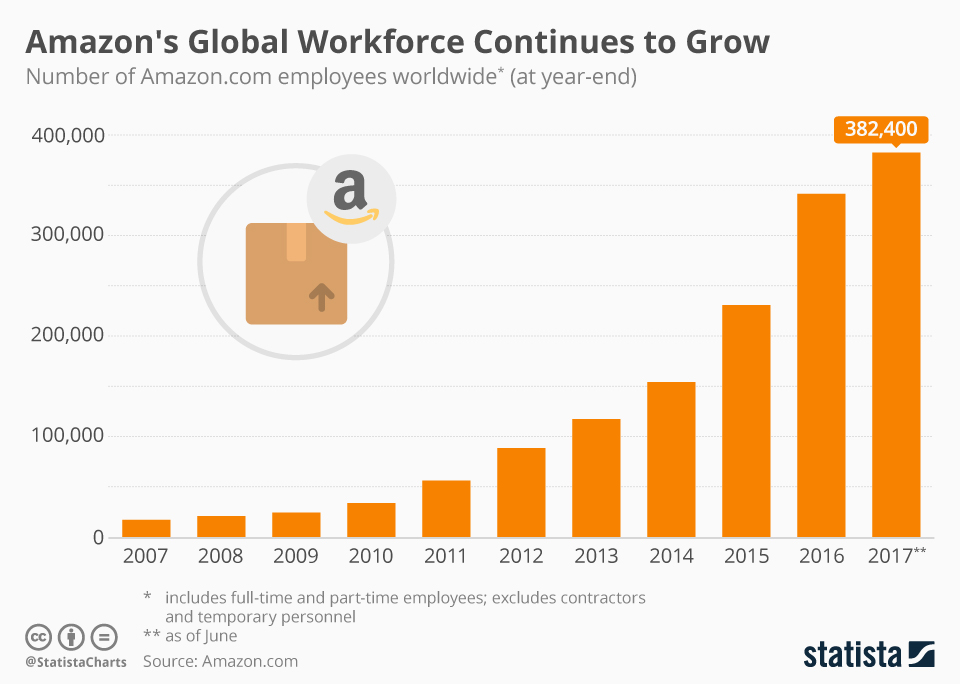
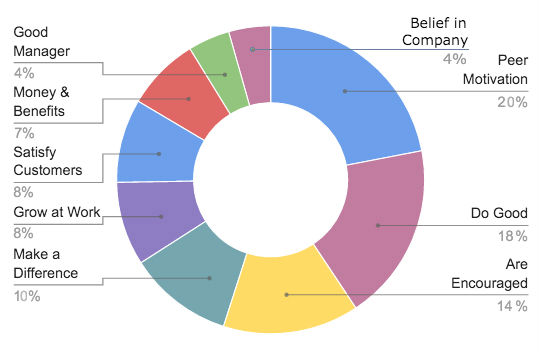
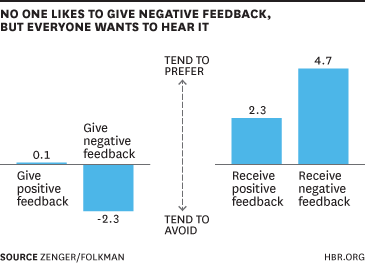
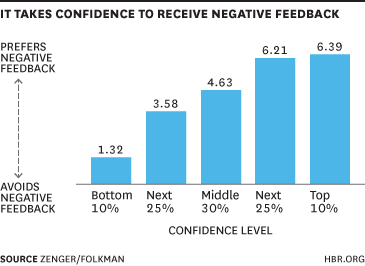
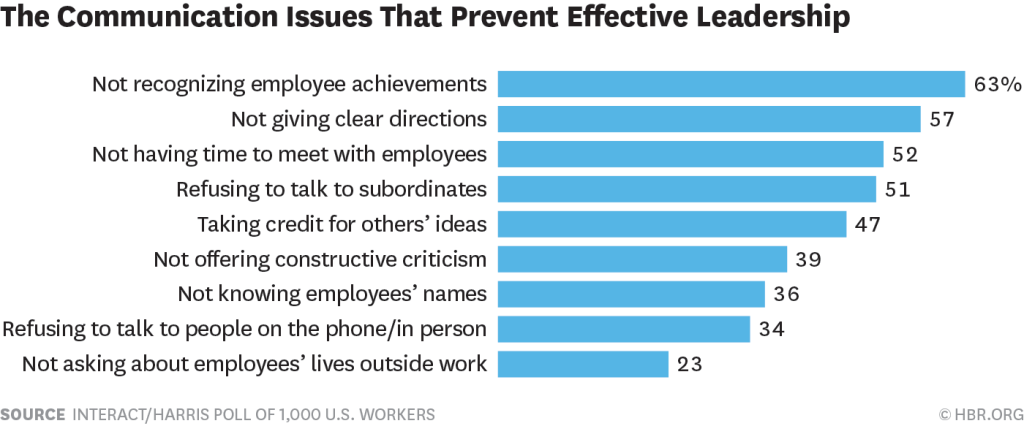
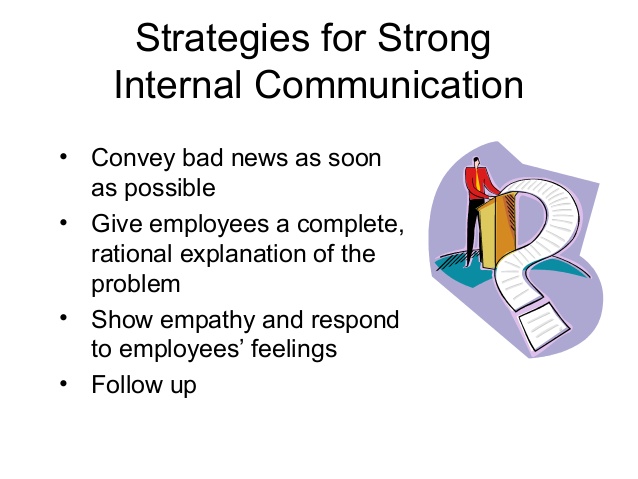
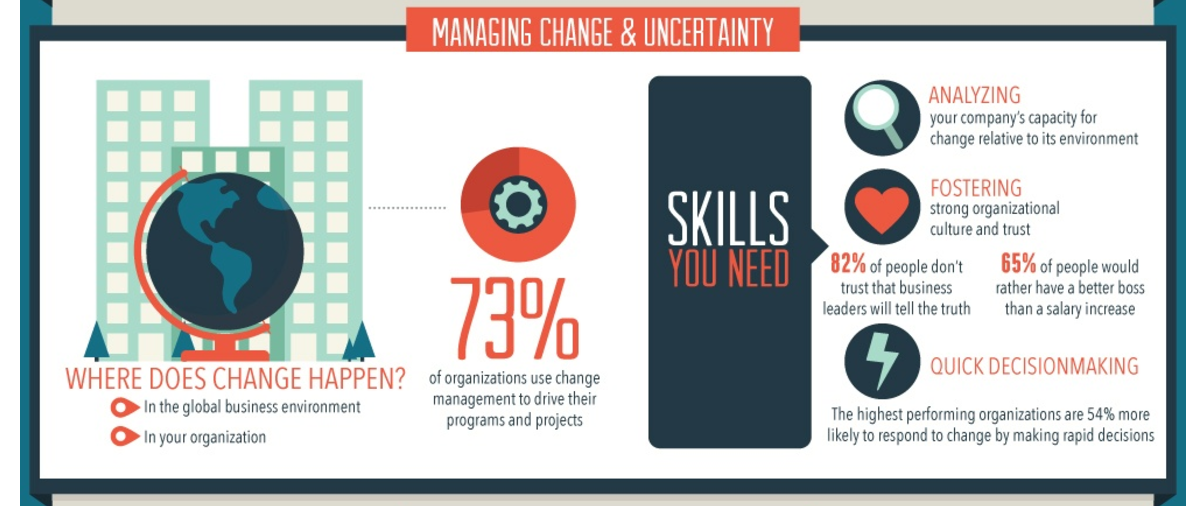
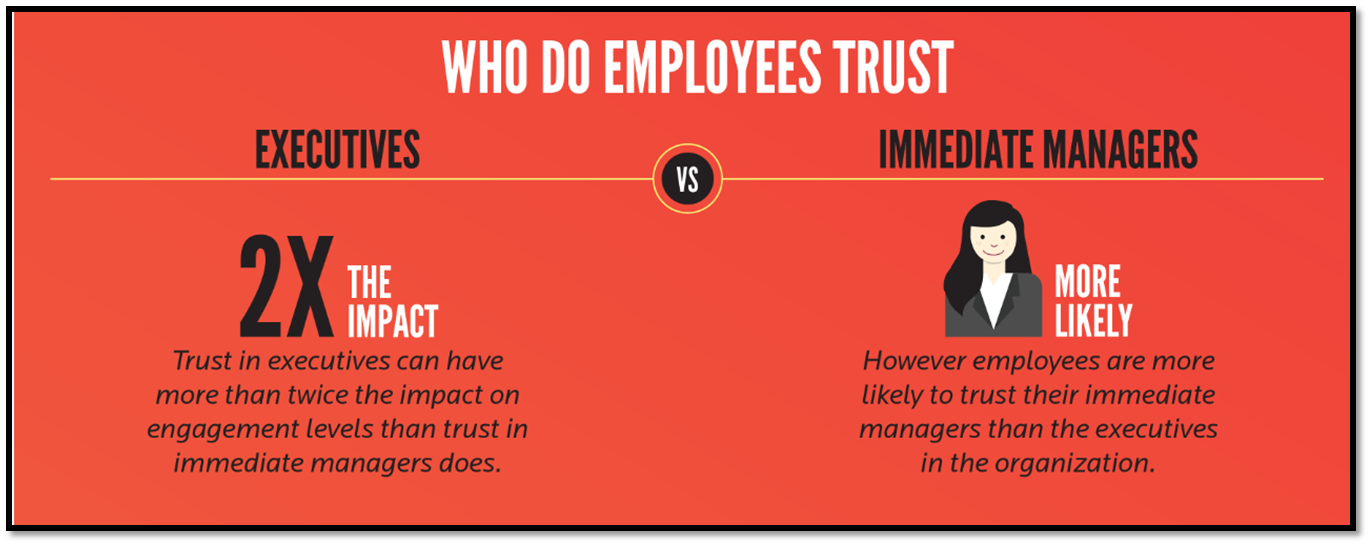
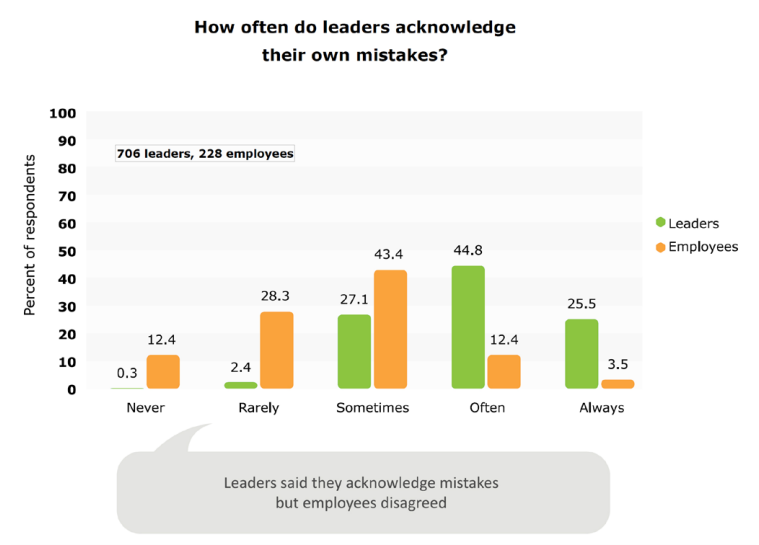
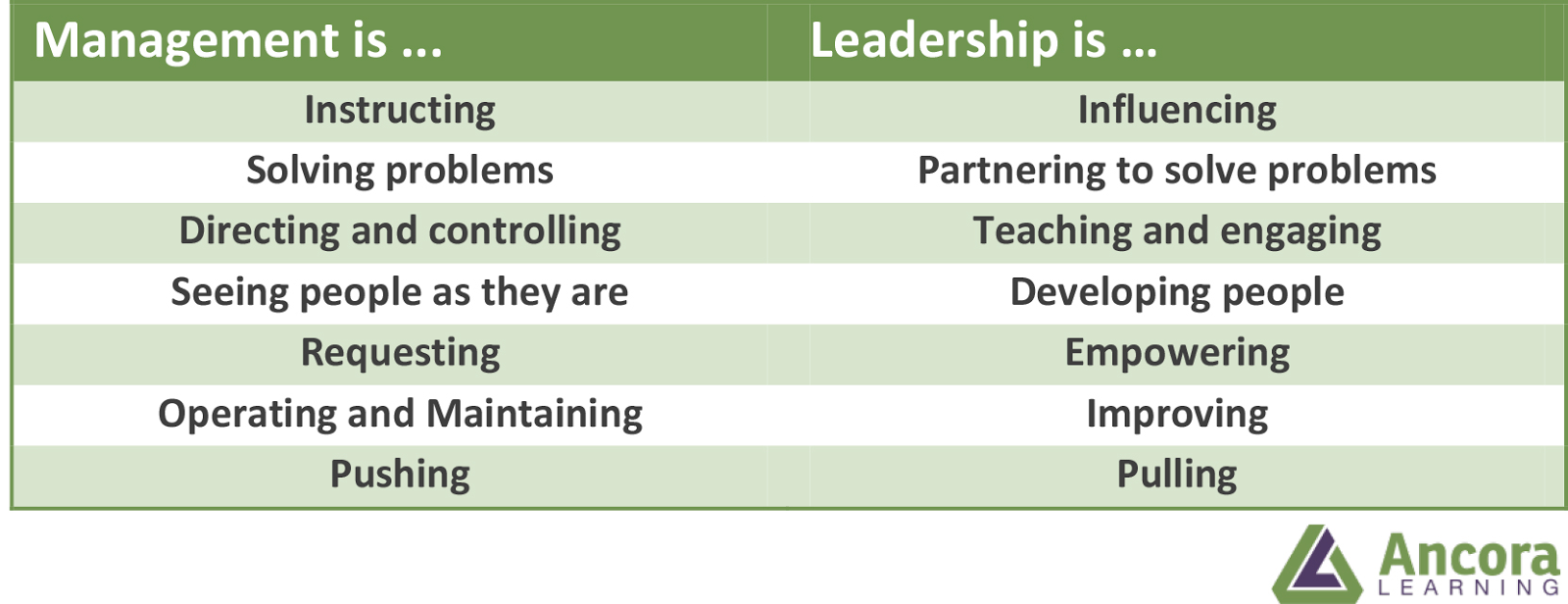
Comments (2)